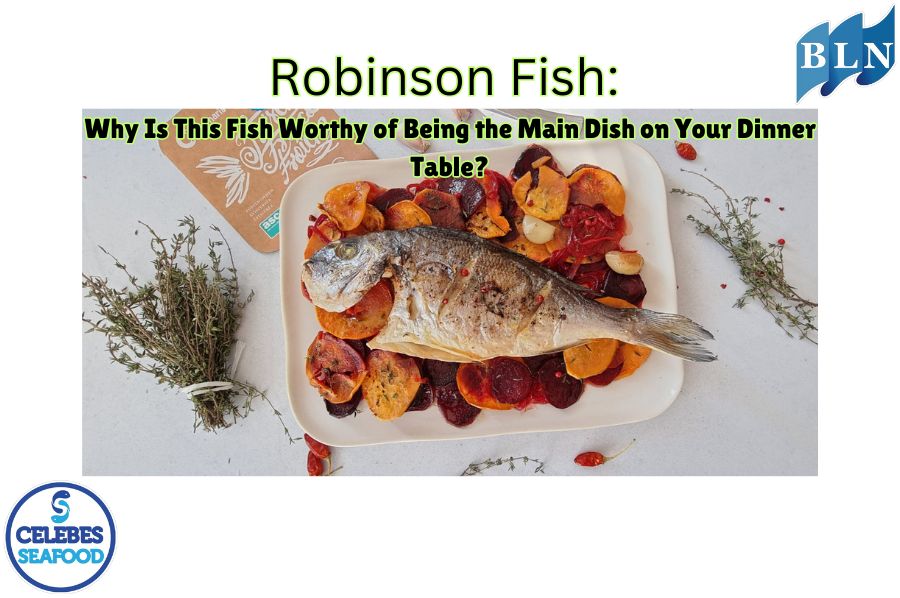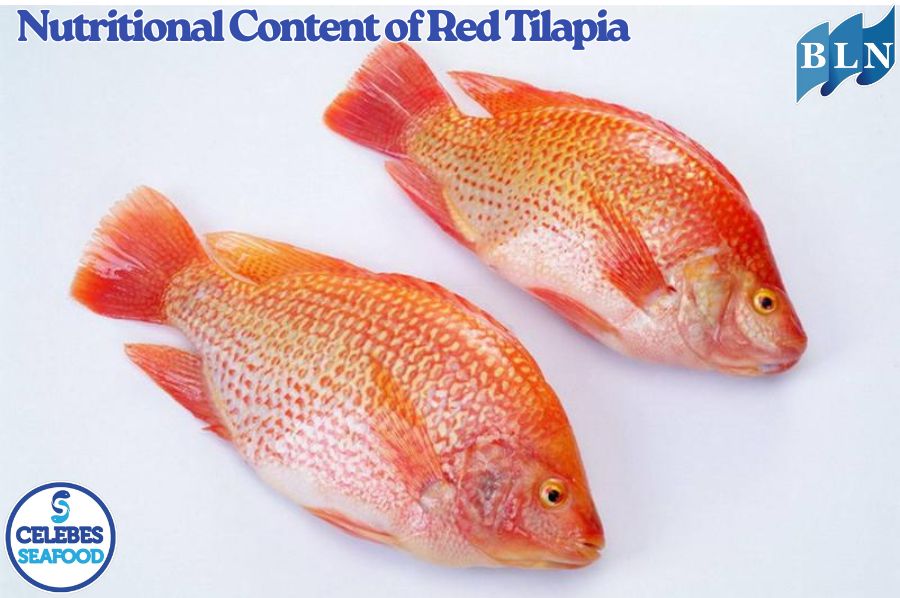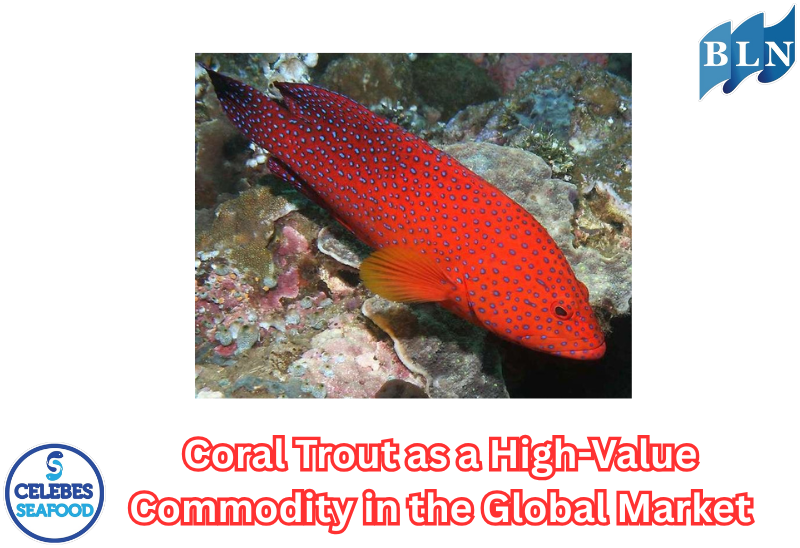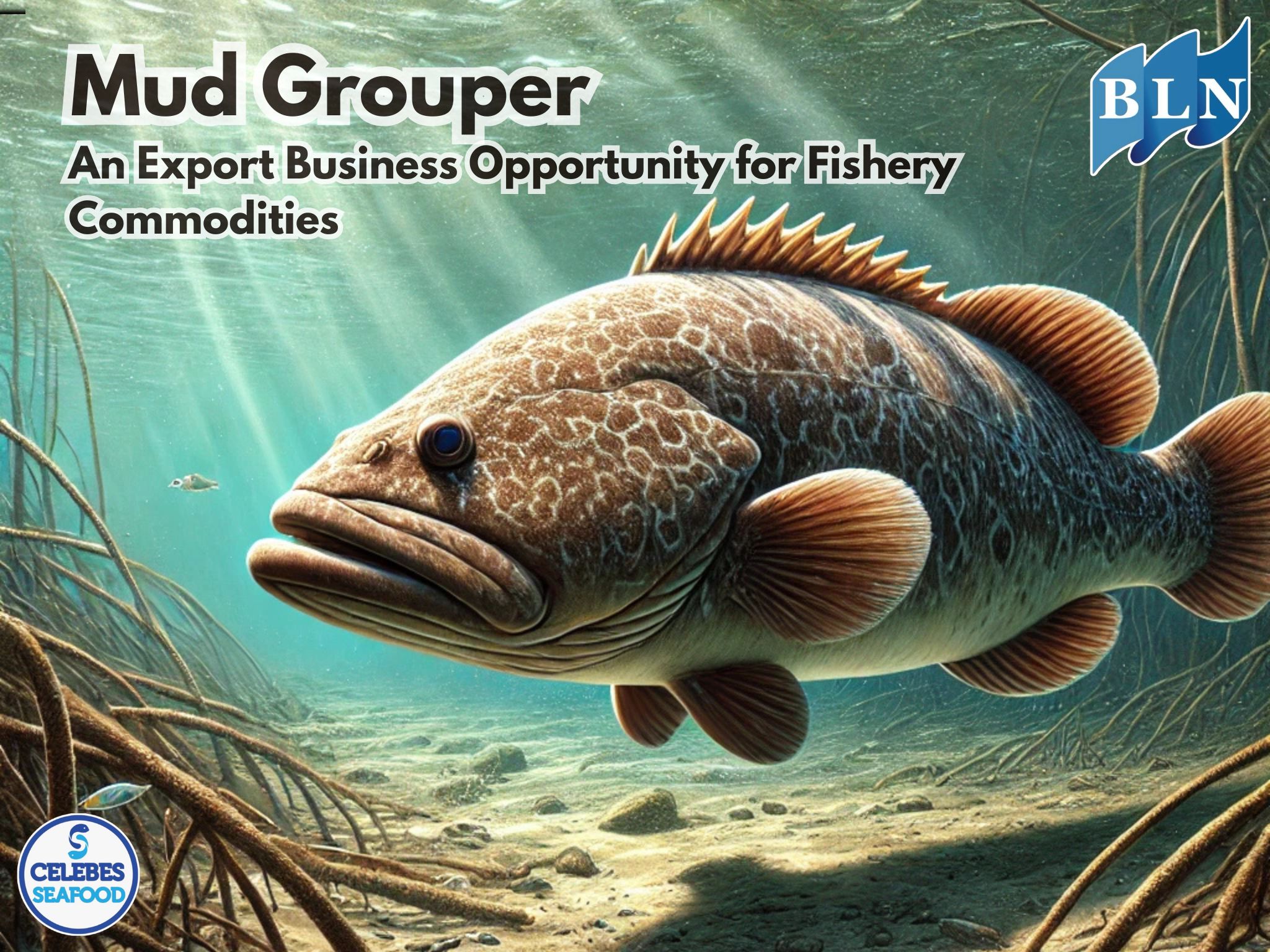This is What Bajo Fishermen: The Resilient Sea Nomads
By. Edi - 11 Feb 2025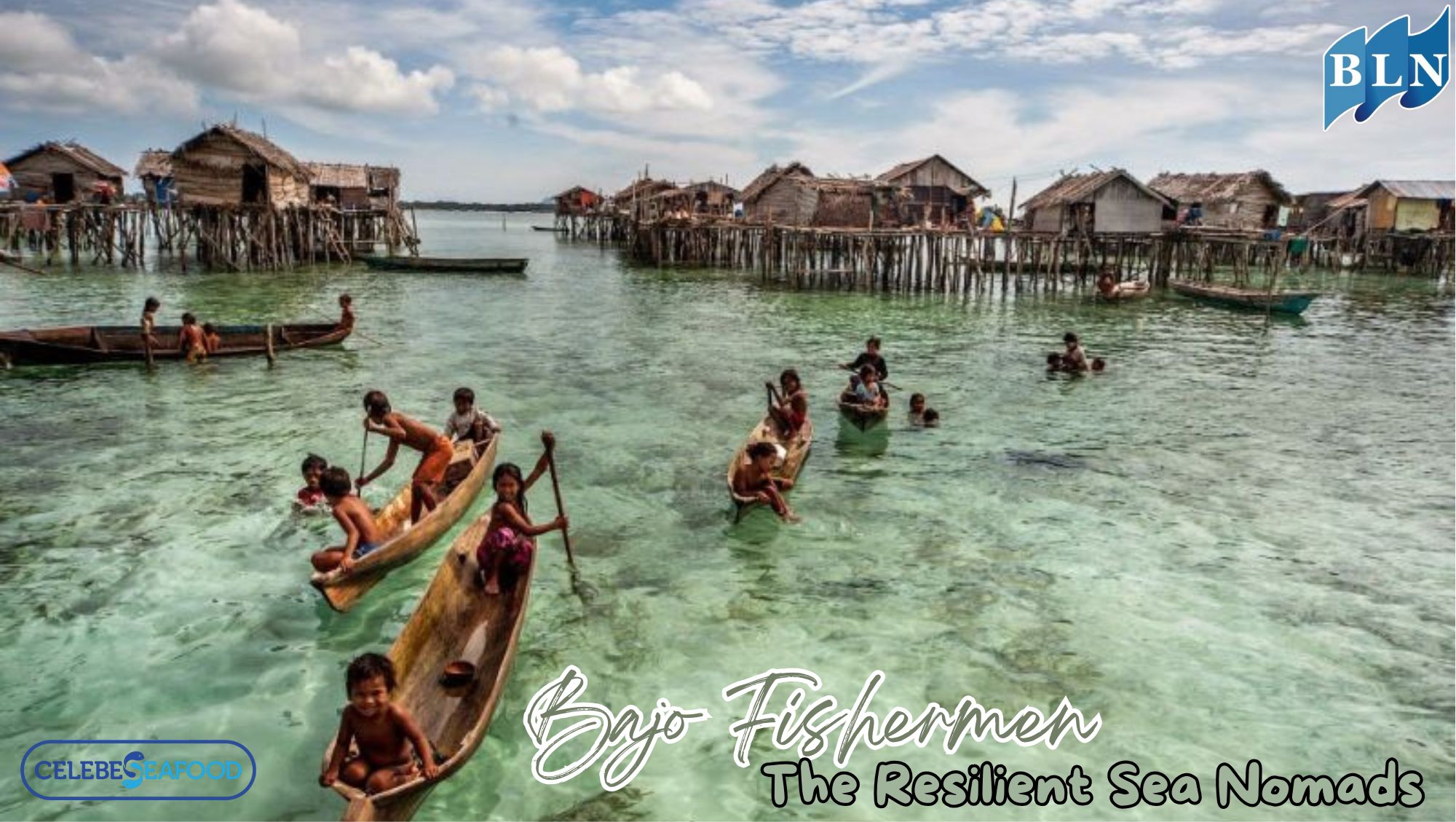
lautnusantara.com The Bajo people are known as "Sea Nomads" due to their exceptional seafaring and fishing skills. They inhabit coastal areas of Indonesia, such as Sulawesi, Kalimantan, and Nusa Tenggara, as well as neighboring countries like Malaysia and the Philippines. Their expertise in sailing, diving, and fishing has been passed down through generations, making them one of the most resilient fishing communities in the world.
History and Origins
The origins of the Bajo people remain a topic of debate, but many studies suggest they originated from the Sulu Sea region and migrated to various parts of Southeast Asia centuries ago. According to their folklore, they are believed to be descendants of a prince who searched the seas for a lost princess. During their journey, they became highly skilled in adapting to life on the ocean.
Life as Fishermen
Bajo fishermen possess extraordinary skills in catching fish. They use traditional boats called lepa-lepa and can spend days at sea in search of fish. Some of them are even capable of free diving to depths of over 20 meters (65 feet) while holding their breath.
Their fishing techniques vary, from using nets and fishing lines to spearfishing. Their remarkable diving abilities allow them to hunt fish and gather other marine resources in a traditional manner. Additionally, they rely on ocean currents and seasonal changes to determine the best fishing locations.
Homes and Lifestyle
Historically, the Bajo people were known as nomads who lived on boats. However, many have now settled in coastal villages, building stilt houses over the water. Despite settling on land, they still maintain a lifestyle deeply connected to the sea as their primary source of livelihood.
Socially, the Bajo community is tightly knit. They support each other in various activities, such as repairing boats and sharing their catch. They also have a rich oral tradition, including folklore and traditional songs that reflect their deep relationship with the ocean.
Read also : This is How to Catch Octopus: Techniques and Strategies
Challenges and Threats
Despite their incredible skills, the Bajo people face various challenges in the modern era. Overfishing, climate change, and government-imposed maritime restrictions have made it increasingly difficult for them to sustain their traditional way of life. Additionally, modernization has led many younger generations to abandon fishing in favor of other professions.
However, several initiatives have been introduced to help preserve the Bajo culture and support sustainable fishing practices. Various empowerment programs aim to ensure they can continue their way of life while adapting to modern environmental and economic challenges.
If you are interested in our OCTOPUS WHOLE CLEANED FLOWER TYPE, OCTOPUS LEGS, OCTOPUS WHOLE CLEANED BALL TYPE, Octopus Block Whole Clean/Whole Round, CALAMARI WHOLE ROUND and CUTTLEFISH WHOLE ROUND please do not hesitate to contact us through email and/or whatsapp.
 in Protecting Shrimp Commodities from Radioactive Contamination.png)


